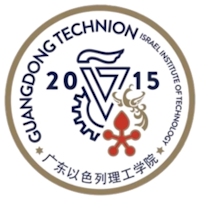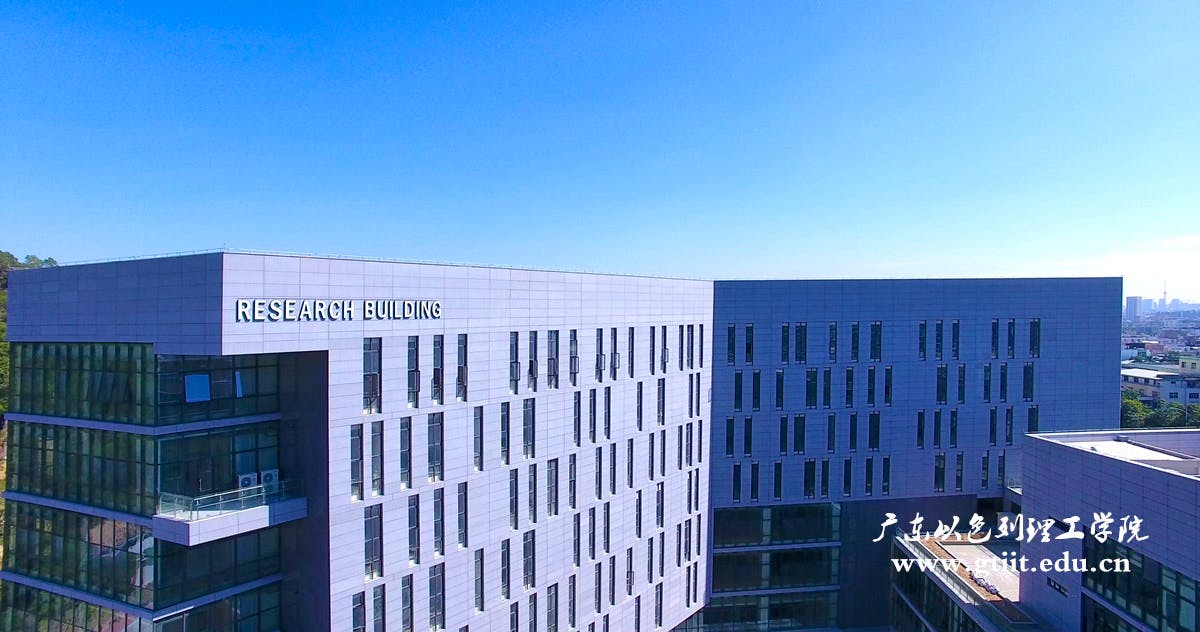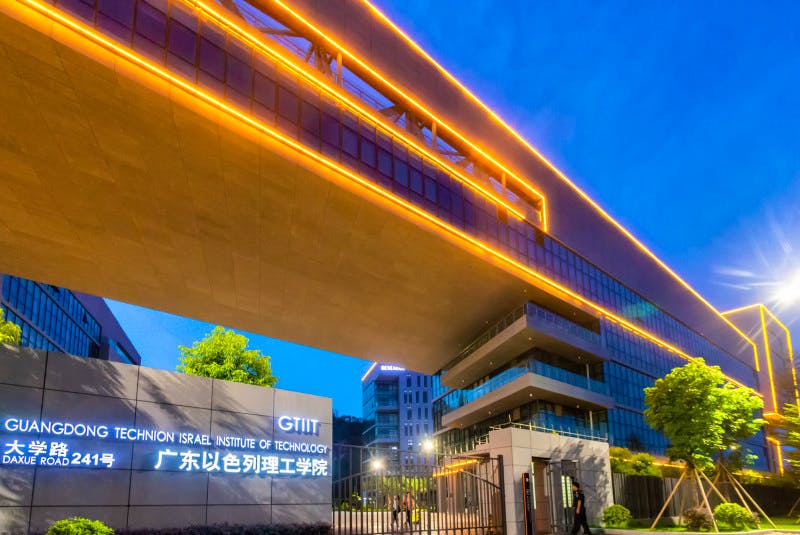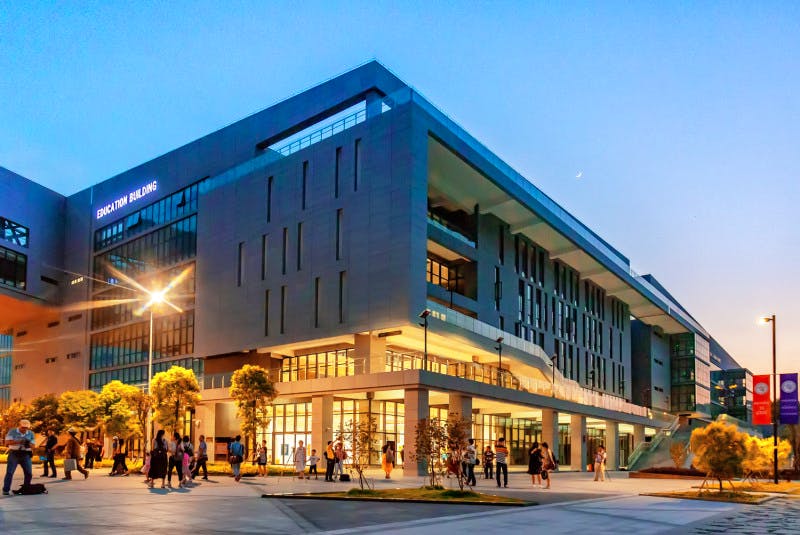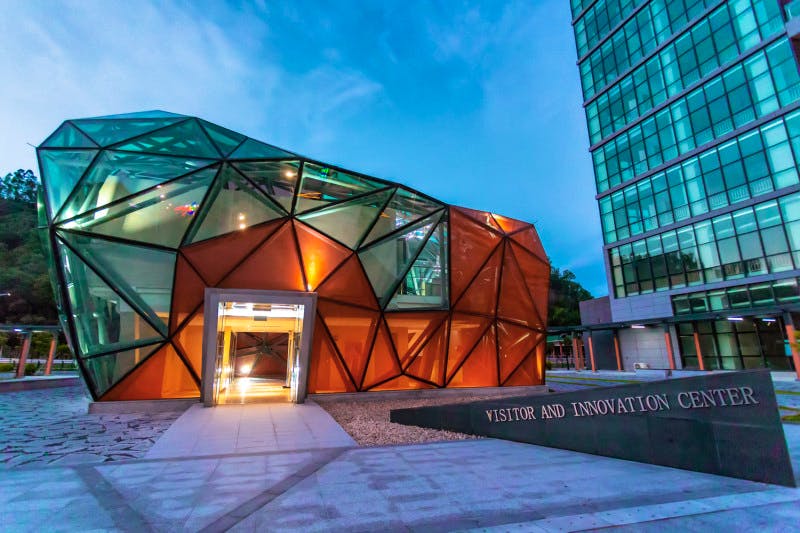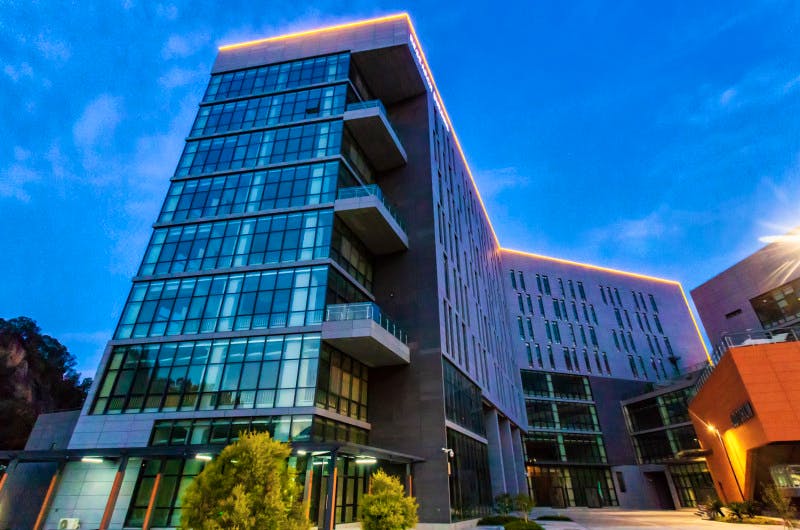All programs comply both with Technion-Israel Institute of Technology requirements and the Chinese MoE requirements. Hence, a GTIIT undergraduate will be awarded both a Technion degree and a GTIIT degree and graduate diploma.
1. Program Positioning
The areas entailed in Chemical Engineering (hereinafter referred as “CE”) are extensive, including energy (battery technology, renewable energy, solar energy, etc.), water treatment (desalination, wastewater treatment), polymers, micro-electric, nanotechnology, drug production, and biotechnology, petroleum chemical products, safety, and environmental protection, etc.
The Wolfson Chemical Engineering Faculty of the Technion was founded in 1952 and is the first Chemical Engineering program in Israel, which has had major influences on industries in Israel. The main teaching ideas of this program are to base on the advanced research and teaching management experience of the Wolfson Chemical Engineering Faculty and actively cultivate talents to meet local economical and industrial developments challenges.
Guangdong Province is an influential economic as well as a chemical engineering, energy, and medicine industry province in China, hence an enormous need for high-level research technology people with a chemical engineering background. This program seeks to achieve advanced international standards and is a discipline combining chemical, biochemistry, and engineering tools. The program courses include traditional fundamental chemistry as well as engineering, merged with high-level theory and tools e.g., nanotechnology, biomedical engineering, water desalination technology, and new energy.
By absorbing and utilizing the program development and the talent cultivation experience of the Chemical Engineering Department of the Technion, this program is committed to cultivating high-level engineering scientific and technological talents with a solid knowledge base, broad international vision, and creative thinking. They will be able to make a tremendous contribution to serve the industrial innovation of the eastern Guangdong region and even China as the graduates from the Technion has been doing for Israel’s economic development.
The program conducts cutting-edge research in many research fields which include: 1. Multiphase process engineering; 2. Membrane separation technology; 3. Polymer rheology and processing; 4. Modern catalytic technology; 5. Biotechnology metabolic engineering. The faculty has made remarkable scientific research achievements in related fields. In the past four years, they have published more than 100 papers in the world's top chemical environment journals, and have guided many graduate students.
In 2018, the two disciplines "Chemical Engineering and Technology" and "Environmental Engineering", were both listed as provincial key disciplines, which played an important role in supporting and promoting the construction and development of the study program. In 2021, the CE program has been selected as the provincial-level first-class undergraduate program development site, which reflects the initial results of GTIIT's undergraduate program’s development.
2. Talent-cultivation Goal
The CE program aims to train the high-level engineering scientific and technological talents that can flexibly and comprehensively use basic subject knowledge such as chemistry, physics, biology, and mathematics to effectively solve key engineering problems related to R&D, production, and environmental protection in a variety of industries locally and even around the world.
The CE program is dedicated to training students to become highly qualified chemical engineers capable of processing from initial design, production process development, waste gas, and wastewater treatment to product completion. Graduates will be able to work in industries such as energy, environment, materials, semiconductor manufacturing, biomedicine, food, etc., as well as in engineering design departments or government regulatory agencies.
Graduates of this program may choose to pursue further studies in advanced separation engineering, nanotechnology, polymers and plastics, bioengineering, biomedical engineering, chemical process optimization, safety, water and wastewater treatment and management, climate change, energy, etc. Graduates can apply for a master’s degree from GTIIT, Technion, or other domestic and foreign universities, and especially outstanding undergraduates will be able to apply for a doctorate directly.
3. Cultivation Scheme
Following the corresponding program setting in Technion, students in the program are required to complete 157 credits in four years, including program compulsory courses (130.5 credits), program electives (14.5 credits), and general electives (10 credits).
The course combines basic scientific knowledge with a professional foundation and frontier knowledge. Through professional learning, students can use the theory of the basic subjects of mathematics, physics, chemistry, biology, the formation of mathematical modeling, process simulation, and other aspects of comprehensive ability. They can also effectively solve the key engineering problems involved in product research and development, production optimization, and environmental protection in the process industry of material transformation.
In addition, students must take ideological and political theory courses and other relevant courses as required by the Chinese Ministry of Education. All courses are taught in English except ideological and political courses and physical education.
4. Course Curriculum
The courses of this study program include basic core courses such as mathematics, physics, and chemistry. And it also contains basic chemical courses such as material balance and energy balance, thermodynamics, and transfer phenomenon, as well as a series of professional comprehensive courses such as process flow and plant design, treatment of specific environmental problems, and application of appropriate processing technology.
Senior students will complete scientific research projects under the guidance of their supervisors, among which many undergraduate students have published academic papers in the world's top journals as the first author. The program has established a joint laboratory with a leading energy company and a biotechnology company in eastern Guangdong in 2021 and set up joint research laboratories in schools and companies at the same time, which provide a great convenience for students of the program to directly participate in scientific research activities related to practical applications. It once again reflects the program characteristics of the combination of teaching and research.
The teaching of the program has interdisciplinary characteristics. It contains the content of environmental engineering on top of the chemical technology discipline. Graduates will have the technical ability to reduce water, air, or soil pollution and prevent the deterioration of human settlements.
The program emphasizes lab teaching to enhance students' hands-on practice and the ability to use knowledge to solve practical problems. The teaching hours of lab courses occupy about 40% of the total teaching hours in the 4th to 8th semesters (the total teaching hours of lab and theoretical courses).
5. Faculty Team
The program recruits scientists from around the world who have demonstrated outstanding professional achievements in academia and teaching. There are currently more than 30 faculty and researchers, all of whom are educated in internationally renowned universities, and more than 90% have Ph.D. degrees. The faculty team has remarkable international characteristics. In addition to some teachers dispatched by the Technion, there are also teachers and researchers from the United States, Singapore, Australia, Hong Kong, India, and other countries. Most of the teachers and researchers have worked in world-class research institutes or universities, such as the Agency for Science, Technology, and Research, the US Department of Energy National Laboratory, the University of Maryland, the University of Hong Kong, etc. At present, the student-teacher ratio is about 7:1, which meets the needs of undergraduate teaching.
Show less
